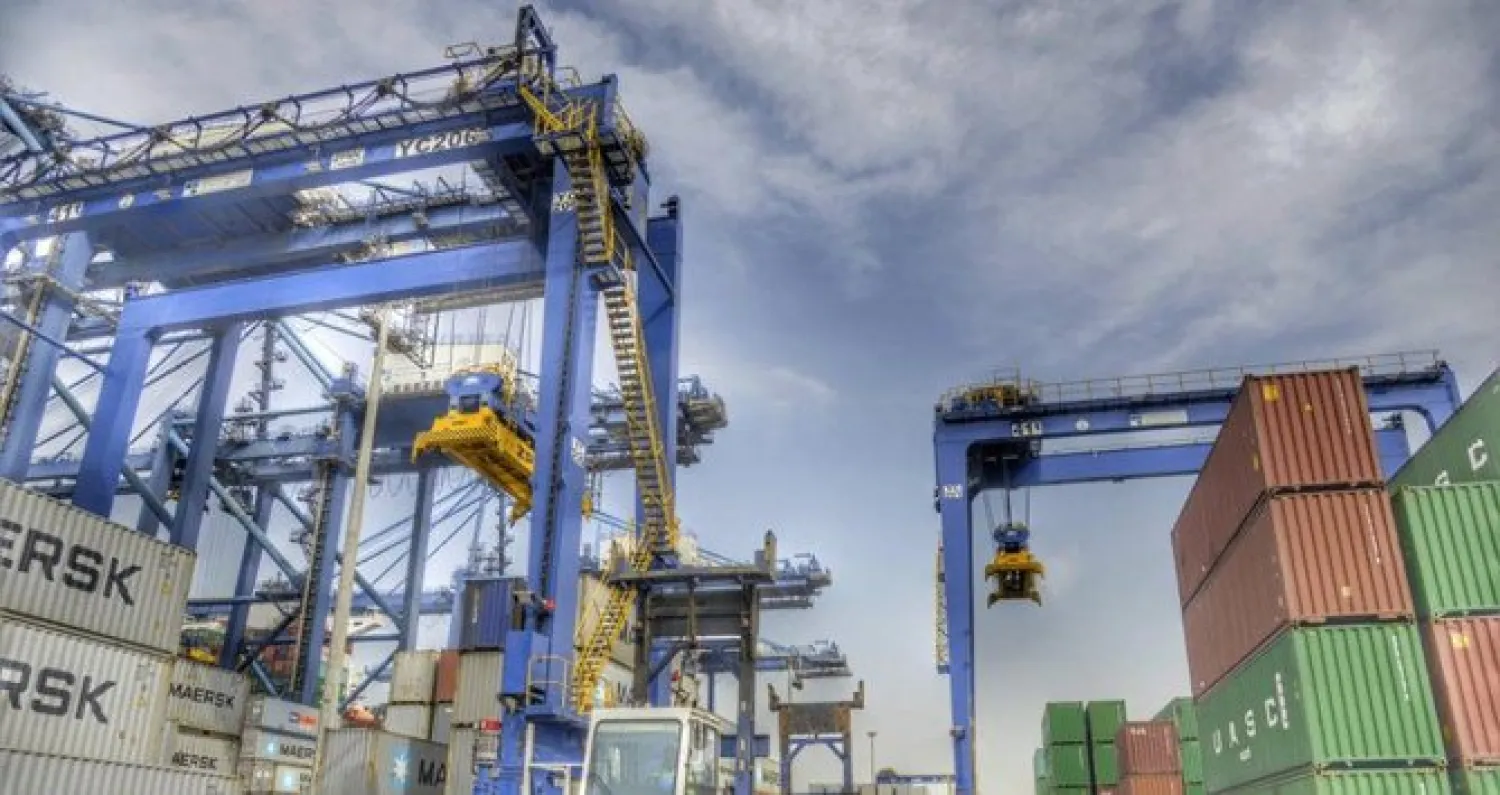The Saudi Export Development Authority will launch a “Made in Saudi” initiative in the first quarter of 2021 to accelerate the industrialization process and transform the Kingdom into “a global industrial destination.”
As part of the program, Saudi Arabia will set out to create a unified brand identity for Saudi products and services in regional and global markets.
Saleh Al-Solami, secretary-general of the authority, said the program will help boost the image of Saudi products and services.
He said it seeks to achieve the goals outlined in the National Industrial Development and Logistics Program.
The program will also play a key role in positioning the Kingdom to be at the forefront of the global industrial landscape through supporting the national efforts to attract industrial investments.
Under the Vision 2030 reform plan, the Kingdom aims to boost its non-oil exports to 50 percent by 2030.
Planned to launch by Q1 of 2021, "Made in Saudi" will offer compelling membership schemes to local companies that meet the program’s eligibility criteria.









